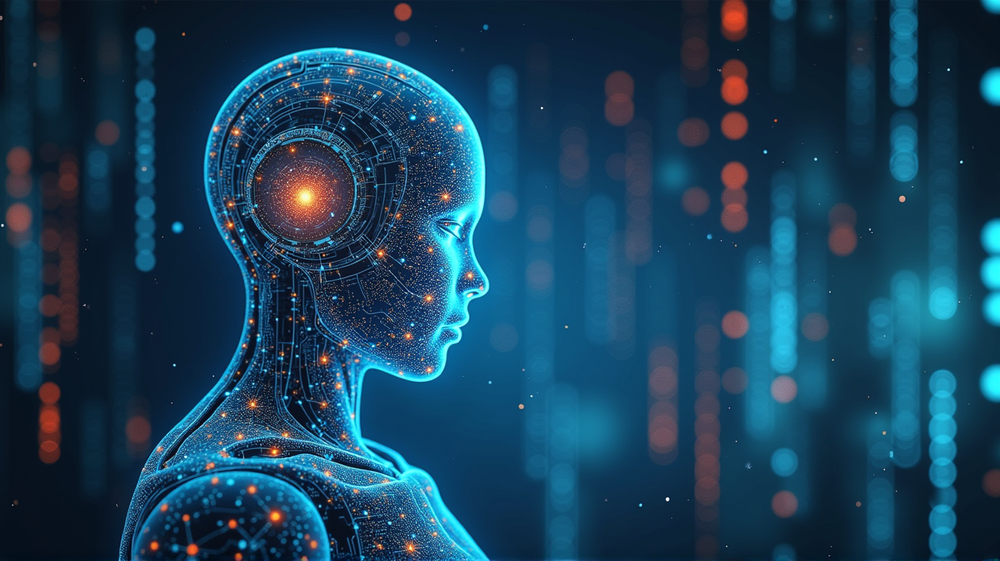As artificial intelligence (AI) weaves its way into the workforce, the job market stands on a precipice of transformation. Several prominent companies, including Klarna, Microsoft, and Amazon, have already embraced AI to streamline operations, often at the expense of human roles. What does this digital revolution mean for our future livelihoods?
Human Stories Amidst the AI Wave
AI’s march forward has left many like Joe Turner financially troubled. Once a six-figure-earning writer, Turner has seen his client list significantly reduced as AI chatbots take over traditional tasks. “You always think ‘it’s never going to happen to me’,” he laments. In a world rapidly adapting to AI’s capabilities, Turner’s story is not unique but shared by thousands as companies adopt new technologies.
The High Stakes: Professions on the Edge
Research from Microsoft highlights the mounting risks, identifying the top 40 jobs most susceptible to AI. Historians, salespeople, and journalists are facing a future where AI competently performs up to 90% of their roles. Meanwhile, crucial professional spheres like surgery and technical trades remain safe havens, with AI performing a minuscule fraction of their tasks. For the seasoned AI consultant, the spectrum is clear: “We’re living in a world where we’re witnessing a very important turning point.”
Will AI Complement or Compete?
Though industry experts share their concerns, AI proponents remain positive. “I don’t see AI right now coming up with wonderful ideas for creative writing authors,” states an AI consultant. The technology promises efficiency and innovation, yet its aggressive integration feeds fears of entire professions evaporating.
Historical Context: A New Chapter in Technological Evolution
The buzz around AI mirrors the historical arc of innovations like the Spinning Jenny and ATMs. While initially disruptive, these technologies eventually fostered job creation in novel areas. The trajectory may follow suit for AI, though the jury is still out on whether history will repeat itself or pave a new path.
Paving the Way: Adaptive Skills and Opportunities
For those navigating the shifting sands of this new era, adaptive skills focused on AI competency are now paramount. Cultivating these skills not only insulates workers from upheavals but also opens doors to lucrative opportunities. The World Economic Forum underscores this with data, showing workers adept at AI earn significantly more than their peers.
Conclusion: Navigating the AI Age
The balance between technology-driven efficiency and the inherent value of human touch is complex. While AI continues to revolutionize industries, its journey is far from linear. As we stand at the intersection of innovation and disruption, adapting to and leveraging AI’s potential will define the workforce of tomorrow. According to Sky News, the narrative around AI is a call to arm ourselves with resilience, adaptability, and an unyielding commitment to growth.













